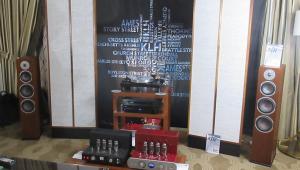The Linux Foundation CKA Exam Questions consists of a set of performance-based tasks where candidates are required to perform real-world tasks using the command line within a Kubernetes cluster. Questions typically involve deploying applications, managing resources, configuring networking, troubleshooting issues, securing the cluster, and more.
Candidates are expected to demonstrate their understanding of Kubernetes concepts, such as pods, deployments, services, volumes, namespaces, and how to use kubectl commands effectively to interact with the cluster. Additionally, familiarity with YAML configuration files, cluster upgrades, and best practices for securing and optimizing Kubernetes environments is essential.
The CKA exam assesses not only theoretical knowledge but also practical skills in managing Kubernetes clusters efficiently and effectively. Preparation often involves hands-on experience with Kubernetes, comprehensive study of the official exam curriculum, practice tests, and real-world experience in deploying and managing applications within Kubernetes environments.













































